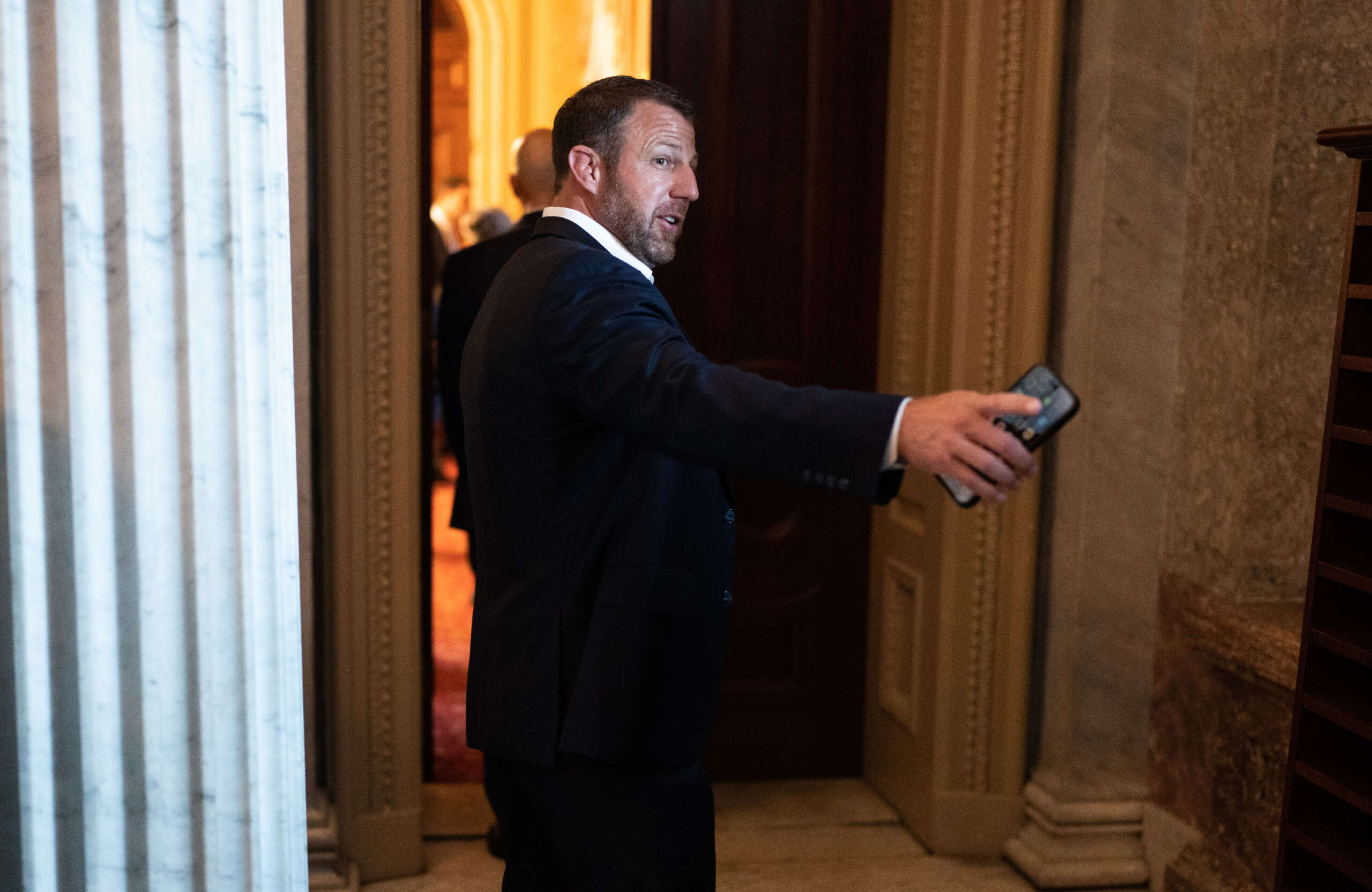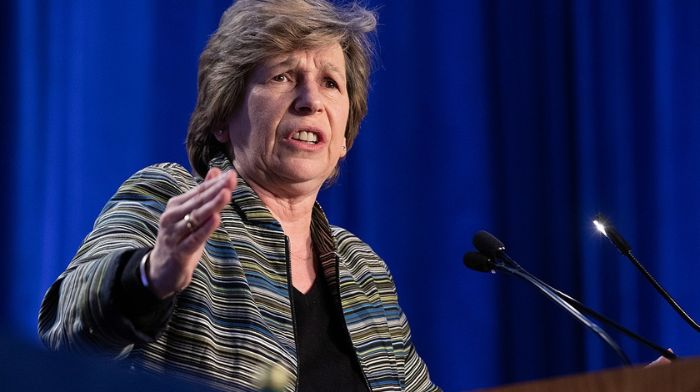MADRID — Pedro Sánchez has achieved what many thought impossible.
When he called a snap election after suffering heavy losses in May’s regional and local votes, nearly everyone wrote the Spanish prime minister off as a political cadaver.
But on Wednesday, Sánchez will propose that Spain’s parliament let him form a new government, a bid that a majority of lawmakers is expected to support.
While the Socialist leader’s electoral gamble seems about to pay off, it comes at a heavy price.
To have his government confirmed by the fractured parliament, Sánchez needed to secure the support of the Catalan separatist Junts group. In exchange for the group’s backing, his Socialist Party this week filed a controversial bill to grant amnesty to those involved in the Catalan separatist movement over the past decade.
“Amnesties in Spain have historically been applied after episodes of great violence or when there is a regime change, as happened when the last one was passed in 1977,” said political scientist Pablo Simón. “But this one is impossible to disassociate from the negotiation to form a government.”
Over the past week, thousands of Spaniards have taken to the streets to protest. While the outcry is expected to dissipate — as happened in 2021, when the pardoning of imprisoned Catalan leaders sparked widespread anger — profound social tensions are likely to remain.
The center-right Popular Party has vowed to challenge the amnesty in the courts. If the law were to be overturned, it would constitute a stunning rebuke of Sánchez.
But even if the amnesty passes judicial scrutiny, that result may prove just as problematic for the Socialist leader.
The bill would allow figures like former Catalan President Carles Puigdemont, who has lived in Belgium since the failed 2017 Catalan independence referendum, to return to Spain — and to the political fold.
It remains to be seen if the de facto leader of Junts can still inspire the masses that backed him six years ago, and whether he’ll be able to use them to exert pressure on Sánchez.
Do-nothing parliament?
Getting parties in a fractured parliament to back the formation of a government is one thing. Getting them to vote for its legislation is another.
The various left-wing and separatist parties slated to back Sánchez on Thursday have radically different political ideologies, and that could be a major problem this term.
“It’s going to be very difficult to pass any laws,” Simón said.
But Sánchez, the quintessential comeback kid, has never been one to fear the odds. Once his government passes a budget, moving his legislative agenda forward will require him to do what he does best: negotiate.
“During the last term, when the prime minister oversaw Spain’s first-ever coalition government, we got major, socially progressive legislation passed despite the pandemic and the war in Ukraine,” former Health Minister and Socialist Party of Catalonia Secretary Salvador Illa told POLITICO.
“I think this next term will be much more productive and stable than most people predict.”












